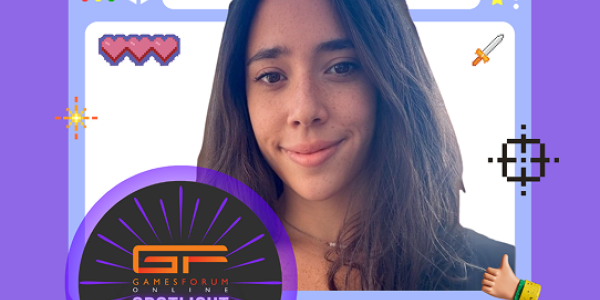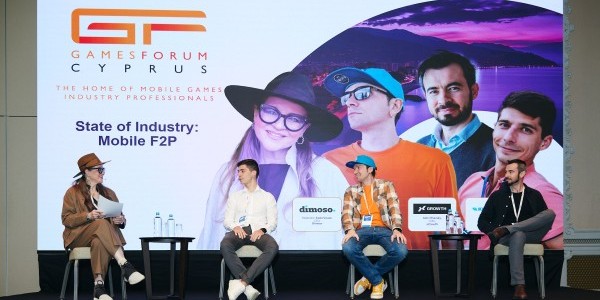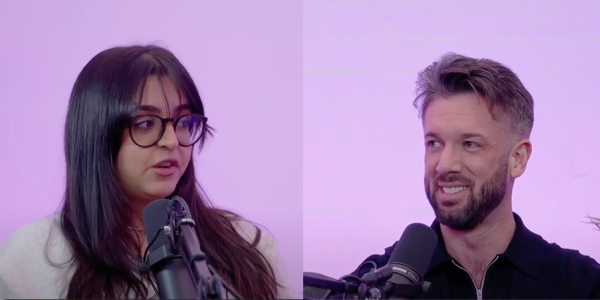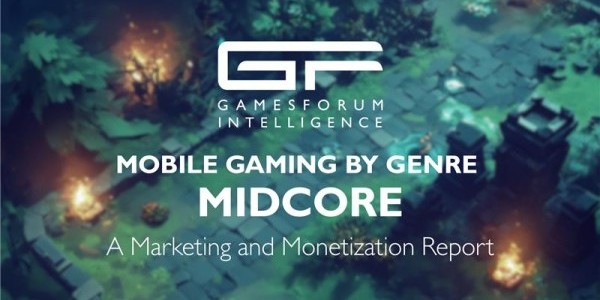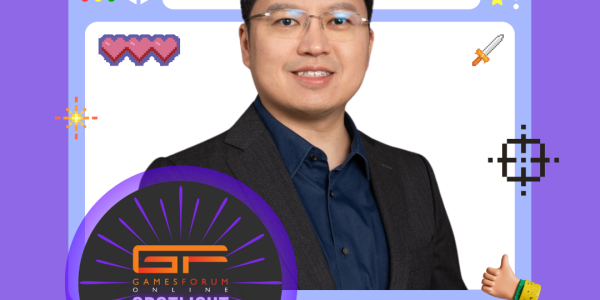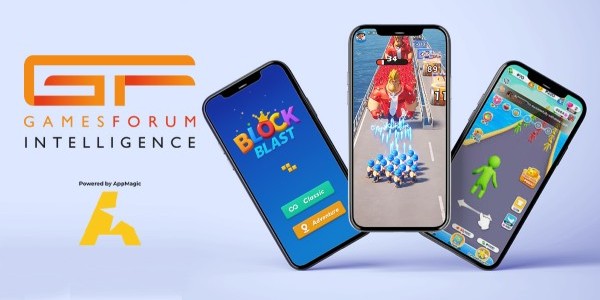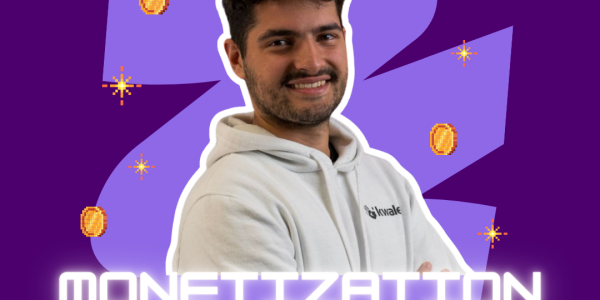Community Spotlight: Creative IP Partnerships and Narrative-Driven Mobile Games with East Side Game’s Elin Jonsson
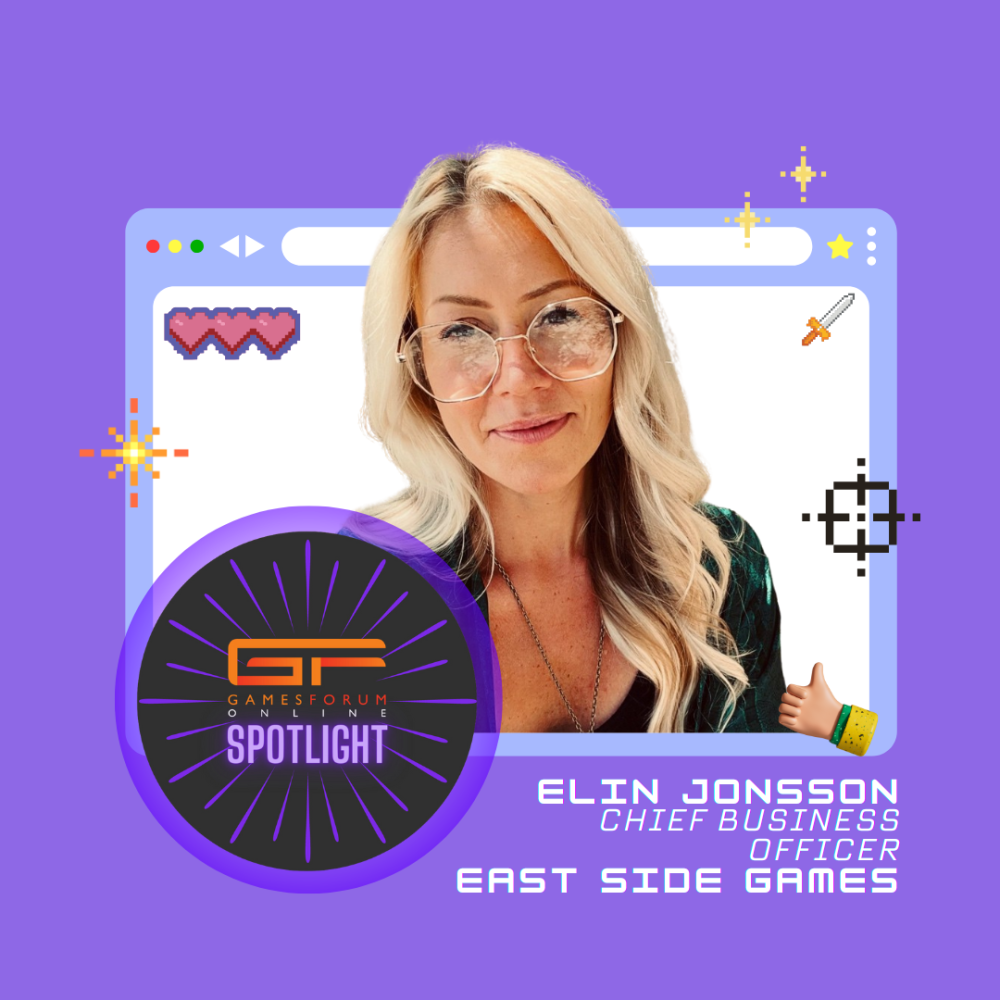
In this Community Spotlight, we hear from Elin Jonsson, Chief Business Officer at East Side Games. From her early days as an indie game studio founder creating artistic titles like Afterland to leading brand partnerships and marketing for hit IP-based games like The Office: Somehow We Manage and Trailer Park Boys: Greasy Money, Elin shares the lessons learned from a journey defined by creativity, collaboration, and strategic risk-taking. She offers a rare behind-the-scenes look at balancing creative freedom with strict brand guidelines, navigating the evolving landscape of game monetization, and fostering inclusive company culture.
Tell us a little bit about yourself and your journey into mobile gaming.
I’m Elin Jonsson, Chief Business Officer at East Side Games. I started my journey 13 years ago with my ex-business partner, creating our first pay-to-play mobile games, which were picked up by the publisher Chillingo. We founded our indie game studio, Imaginary Games, in Vancouver, where we immersed ourselves in the startup and indie life for years. One of our standout projects, Afterland, was a Tim Burton-esque card game for which I created much of the art. I’m still very proud of the unique universe we built together—it's a dark emotional gem that combines deep themes with a distinct, darker aesthetic.
The start-up experience was incredibly valuable, allowing me to connect with many people in the game industry. Running my own studio taught me invaluable lessons, from navigating tax credits and managing budgets to free-to-play game design and art production. Most importantly, I gained a deep understanding of the challenges involved in successfully running a game studio.
Later, I had several roles in other game studios, eventually finding myself at East Side Games, where I ran live ops. My journey has taken me from producer roles, to director of IP partnerships and now to Chief Business Officer at East Side Games. I continue to manage all the brands and IP relationships in the studio, overseeing brand marketing and driving our organic marketing initiatives.
East Side Games is known for its player-driven narrative games. How do you see storytelling evolving in the mobile gaming industry, especially with the rise of AI and procedural content generation?
I take great pride in the narrative aspect of our games. We highly value our internal writers, who excel at crafting stories that either align closely with existing shows or expand our IPs by creating original narratives. For instance, a game like The Office: Somehow We Manage requires a very different approach than a game like Trailer Park Boys: Greasy Money.
When we created Trailer Park Boys: Greasy Money eight years ago, we primarily conveyed stories through speech bubbles, simple background changes, and costume variations, rather than through facial expressions or poses. However, when we developed The Office: Somehow We Manage, we had to rethink our storytelling techniques. I’m especially proud of how we captured the subtle humor of The Office: Somehow We Mange in our story sequences—sometimes, a single look from Jim conveys the entire punchline.
We worked closely with NBCU and Matt Spelich, Producer / Creative Consultant on “The Office”, to nail the story sequences in the game. I’m incredibly proud of our team and grateful for NBCU and Spelich’s support, which ensured we remained on brand while effectively delivering humor within the constraints of our comic strip format.
Using AI in the future as a helpful tool sounds great to me. By speeding up the development process, we can create and offer more content to players. There’s always a demand for more content, but I don’t believe that removing human involvement will be part of that process. We need human creativity, emotional understanding, and close collaboration with brand partners to ensure we truly grasp their needs.
East Side Games has a strong portfolio of IP-based games. What are some of the unique challenges and advantages of working with popular IPs, and how do you balance creative freedom with brand guidelines?
I’ve held various roles in the games industry, but my favorite is working closely with our IP and brand partners. This role blends human psychology with a deep understanding of our games, all while building long-term relationships. Many of the IP partners I've collaborated with have been with us for years; for instance, I’ve worked with the management of Trailer Park Boys for eight years and have had weekly conversations with NBC for over four years. I also work closely with other brand partners, including CAA, Hasbro, Paramount, World of Wonder, Jazwares, BBC, C&C, and Disney. This fosters relationships that go beyond just creating a game together—our successes are intertwined, as are our challenges.
My role is to be the bridge between our teams and our partners, ensuring we all understand that we’re in this together. I work closely with Wally Nguyen, and we’ve established a great partnership. He excels at identifying opportunities and initiating conversations with IP and brand partners, while I support him with pitch materials and act as his support. Once a contract is signed, I take over the primary relationship, setting up approval processes to ensure our partners are happy with both the game and its representation.
It’s crucial to understand the perspective of the IP partner. An iconic property like The Office presents unique challenges, making creative expansion more difficult. In these cases, creative freedom can be more limited compared to working with less established IPs. However, it is possible to find creativity within those guidelines, and skilled artists and writers can thrive even in a restricted environment.
With the shift toward casual and mobile gaming, how has the perception of 'core' versus 'casual' gamers influenced your strategy at East Side Games?
East Side Games has always focused on casual games. While our idle games are casual, they require some handholding in the first-time user experience (FTUE). We’re now transitioning to hybrid match-3 games, which are even more casual and designed for easy pick-up-and-play.
What are some emerging monetization strategies you've found most promising for mobile games, especially as user acquisition costs continue to rise?
We’re implementing exciting season passes in all our games and experimenting with the cadence. We continue to offer strong live-ops events, which significantly boost ARPDAU when we feature compelling prizes. Additionally, we’re exploring crossover events that have proven effective, such as our Intergalactic Friendship Day crossover in July, which drove top ARPDAU for both Star Trek: Lower Decks Mobile and Doctor Who: Lost in Time.
In a saturated market, standing out is crucial. What are some unconventional approaches East Side Games has taken to foster user retention and engagement beyond traditional gameplay mechanics?
While it may not seem very unconventional, we were among the first to embrace talent integration and crossovers between TV shows and mobile games. Our initial guest star in Trailer Park Boys: Greasy Money was Tom Green, and we’ve seen significant success with these integrations.
Now, we’re planning a three-part collaboration featuring Cheech & Chong, Trailer Park Boys, and our own IP, Budfarm, to generate excitement for Green Wednesday in November. This initiative will include unique skits from the comedians, aimed at creating hype and delighting fans by providing more content featuring their favorite characters.
Given your experience across different facets of business and gaming, what do you think will be the most critical skills for gaming executives to cultivate over the next five years?
A human-centered leadership style, emotional intelligence, collaborative leadership, a "we" mindset, and embracing a female leadership style—though this should not be confused with gender—are all critical skills for gaming executives to cultivate. Why? The best games emerge from seamless communication and are executed with a holistic approach. Nothing is created in a silo; everything is interconnected.
To achieve this, it’s essential to work collaboratively and think holistically. We are moving away from toxic cultures and top-down management styles. To harness the full spectrum of human potential, we need to create safe spaces where individuals can thrive. This isn’t about an “everything goes” mentality; it’s about empowering people to perform at their best while holding them to high standards.
Could you tell us about a game launch or project at East Side Games that taught you an unexpected but valuable lesson in business or creative strategy?
The key discovery lately has been the transition from deterministic attribution to probabilistic attribution. We’ve become so accustomed to deterministic attribution in recent years that we've forgotten how marketing was done in the past. It’s important to bring some of those strategies back.
For instance, we need to consider how much time and focus we dedicate to “alternative organic initiatives.” While a majority of our organic traffic still comes from the Google and Apple stores—even if that has dramatically decreased in recent years—we must also evaluate the value of initiatives that are harder to measure. Should we create a trailer for The Office: Somehow We Manage to be shown on the NBC jumbotron if we can’t measure its impact? For me, it comes down to the potential lift. If it’s easy to reuse a trailer, then we should absolutely seize that opportunity!
I strongly believe in building key hype moments where we can conduct user acquisition campaigns while also supporting them with traditional marketing and other “free” initiatives. Even if we can’t measure everything precisely, we know these efforts will contribute to the overall impact, especially if they are aligned with key brand moments, such as a new TV season or other brand-relevant events. The concept of "relevancy" has become a trend internally, and we aim to build campaigns around this sense of relevance.
I’ve been reflecting on these ideas for some time, but it wasn't until conversations with people at Gamesforum San Francisco that everything clicked. I look forward to the creativity and collaboration we will see—and need to see—between organic and paid user acquisition in the near future
The gaming industry has become a leader in promoting diversity and inclusivity. What is East Side Games doing to foster inclusivity within your games and your company culture?
At East Side Games, we demonstrate our commitment through initiatives like compensating support for marginalized communities, promoting discussions, and organizing local exhibit visits. Our EDI Committee, comprised of management and staff, drives action plans, and we partner with an EDI consultant for team workshops. Our Flex Time Off policy allows employees to take leave for significant personal days. In 2023, we encouraged voluntary HR profiles to better understand our workforce and measure EDI efforts. We are also proud to be the first game studio to participate in the Code Coven EVOLVE accreditation program to strengthen EDI in the industry.


